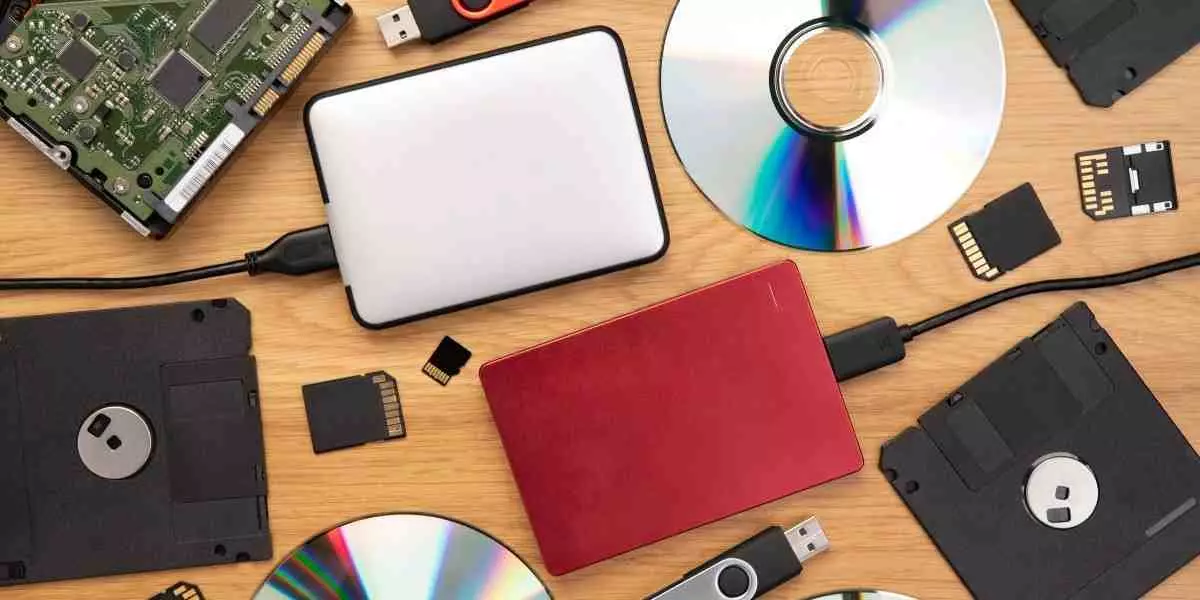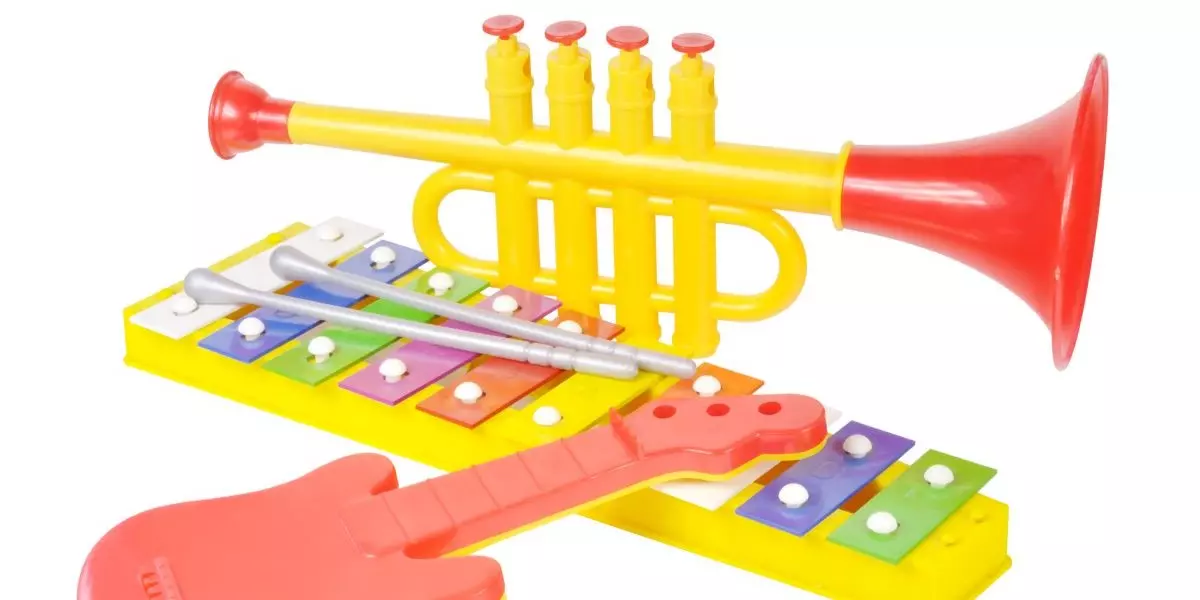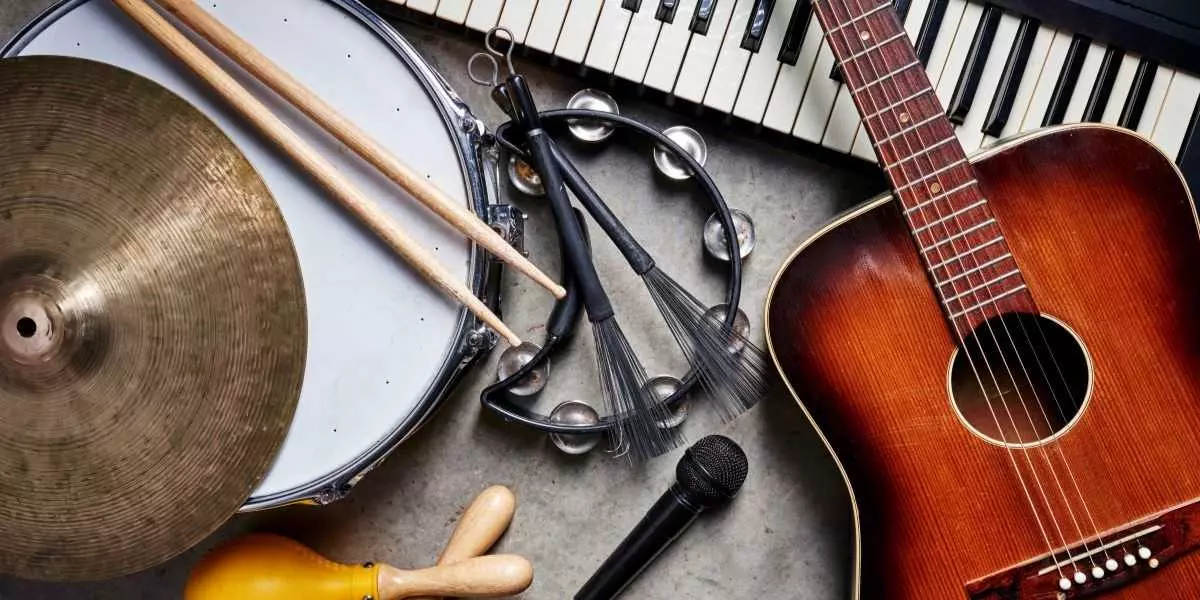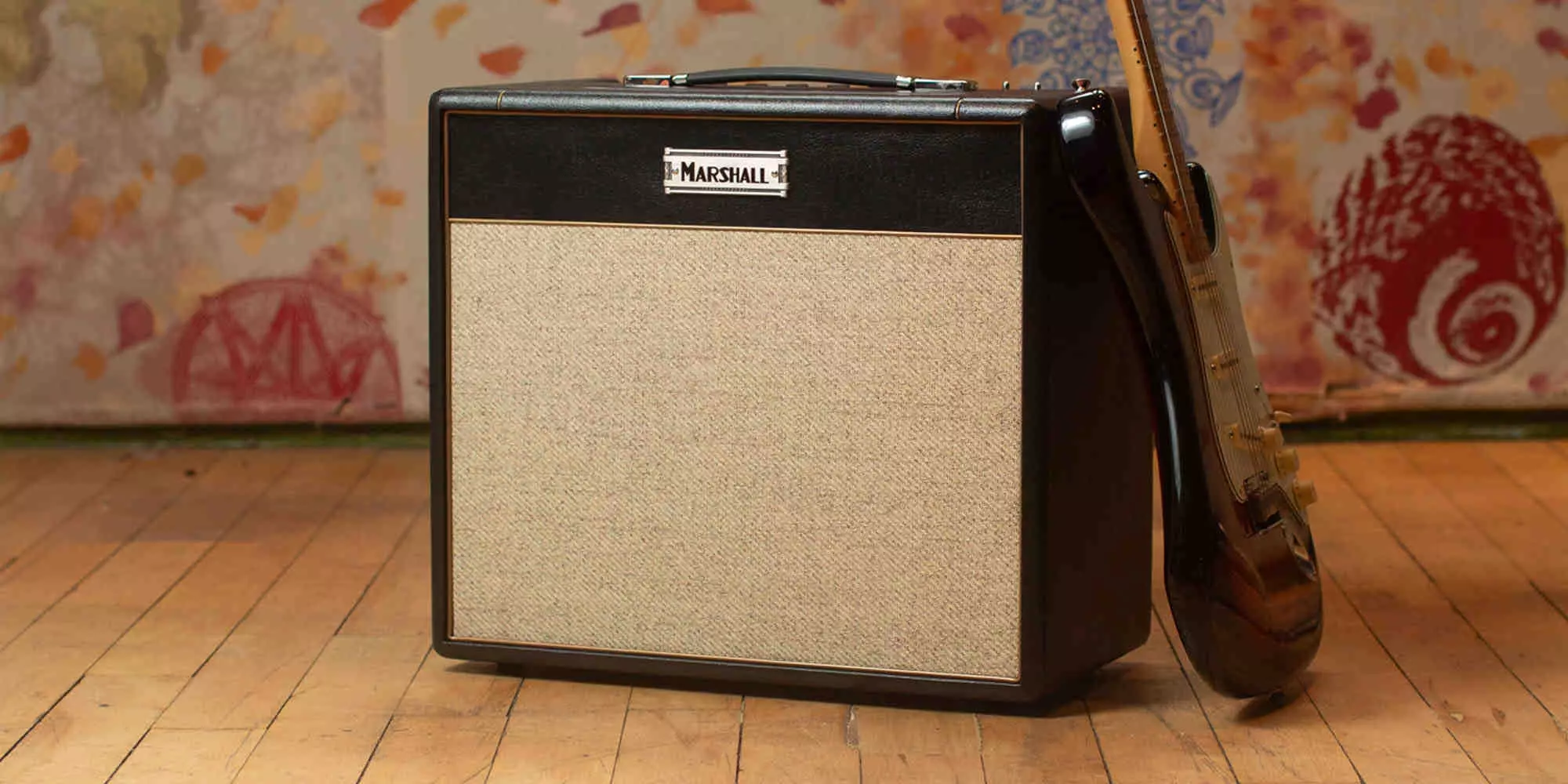Five Ways to Diversify Your Musical Experience

Photo by Gavin Whitner (MusicOomph.com)
"I'm not getting any worse, but I'm definitely not getting any better...”
"I'm bored"..."I don't feel like picking up my instrument...”
"My bandmates are getting on my nerves…."
Have any of these thoughts ever crossed through your mind? If the answer is yes, you might be experiencing a musical dry spell. Everything you play is comfortable and familiar, but simply going through the motions leaves you feeling 'blah'. Perhaps it's time to shake things up and push yourself to try something new.
- Hit up an open mic.
If you’re stuck in the groove of always playing the same songs, with the same people and want to try something new, consider a local open-mic night. While some people associate the term “open-mic” with lack of experience or karaoke parties gone wrong, these stereotypes are far from the truth of most open-mics. Most open jams are hosted by experienced musicians and are the perfect space to try tunes you’ve been working on at home and want to test on a supportive crowd. They’re also a great place to launch original material and meet other musicians, who just like you, are there to network and take a risk.
- Play with people whose level of experience differs from your own.
While it can be nerve-wracking to be the least experienced member of a band, there’s something to be said for the opportunity to learn from musicians with years of experience on the bandstand. From touring and venue booking advice, to good communication on and off stage – you’ll learn far more from hanging around musicians with lived experience than you will from anywhere else. It’s pretty simple, if the musicians you’re playing with sound really good, you’ll be encouraged to practice hard and step out of your comfort zone. It’s also important to recognize that age and experience do not necessarily go hand-in-hand. Some of the most experienced players I’ve worked with were in their 20s.
On the flip side, there’s also a benefit to working with musicians with less experience. I recently had the opportunity to play with a group of students who were in the eighth grade. I was surprised by a two things; the first was how quickly I became aware of all my habits, good and bad. When a whole group of new musicians are looking to you as a role model, it suddenly becomes that much more important to play with good posture, tone, etc. The second surprise was how much I learned from the eighth graders. Being watched was something I expected, but learning from less experienced musicians was not. When I watched the students play, I noticed how focused they were. Although we were only playing one song at our performance, it was clear that they had all practiced it time and time again, and their focus on the conductor was unwavering. This was a great wake-up call. When you play with people who are less experienced, they remind you to try with everything you’ve got.
- Try a different instrument.
If you’re looking for a way to really shake up your perspective, trying a new instrument is a great option. Not only will it help improve your skills, it will also help you better understand your bandmates. Maybe you’re a vocalist who is baffled by the way your bandmates get frustrated when you constantly change the key of a song, or a horn player trying to find the line between complementing the vocals and lead guitar and stepping on them. Everyone has something they wish everyone else knew about their craft. Communication is key, but taking things a step further to understand all the instruments involved in your setup will make you a diverse and valuable musician. Another great benefit to trying different instruments is understanding their range and capabilities for the sake of composing and arranging.
- Play music you aren’t familiar with.
Some of the most fun gigs I’ve played are those where I’ve never listened to or played the genre the band is covering. I grew up listening to a lot of rock and modern jazz. When I was in college and had to transcribe a solo from an older swing tune, I found myself frustrated. This wasn’t the style of jazz I was passionate about and I wasn’t looking forward to the hours I’d need to spend listening to the tune to get it right, but wow did it improve my playing! A lot of the modern tunes I listen to now are, in one way or another, influenced by this earlier form of swing. If I want to nail the tricky, punchy licks, I need to understand the basic foundations of the groove -a groove that I ended up finding through swing music I wasn’t familiar with. Similarly, a few years back, I had the opportunity to play with a 70s tribute band. While I was familiar with a lot of the music from that era, I’d never really spent a lot of time listening to it. Covering everything from Supertramp to The Rolling Stones did a lot to widen my musical horizons and ultimately make me a better player. You don’t have to love every kind of music that’s out there, but you should allow yourself every opportunity to learn the different rhythms, nuances, and techniques that live in different styles of music.
- Embrace it all.
At the end of the day every jam session, gig and rehearsal is an experience. Some will undoubtedly be bad, hopefully most will be good.
Beth McClelland works as a Lesson Centre Coordinator and Band Instrument Associate at the Peterborough Long & McQuade. She studied in the one-year Jazz Performance Certificate Program at Humber College and has a passion for everything saxophone.






